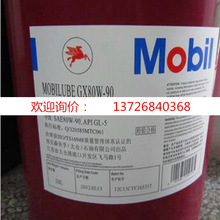
WASHINGTON — The Supreme Court on Monday wrestled with a nationwide settlement with OxyContin maker Purdue Pharma that would shield members of the Sackler family who own the company from civil lawsuits over the toll of opioids.
The justices seemed by turns relucant to break up an exhaustively negotiated agreement, but also leery of somehow rewarding the Sacklers.
advertisement
The agreement hammered out with state and local governments and victims would provide billions of dollars to combat the opioid epidemic. The Sacklers would contribute up to $6 billion and give up ownership of the company, but retain billions more. The company would emerge from bankruptcy as a different entity, with its profits used for treatment and prevention.

Get unlimited access to award-winning journalism and exclusive events.
Subscribe Log InNext article: In Memoriam: Notable people who died in 2023















